Tuxedomoon – Solve Et Coagula ( The Best Of) (1993)
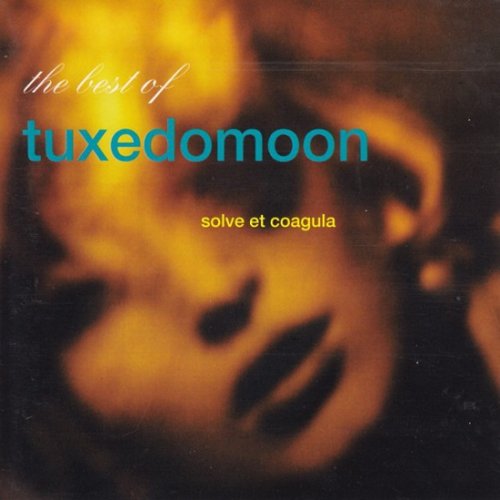
Artist: Tuxedomoon
Title: Solve Et Coagula ( The Best Of)
Year Of Release: 1993
Label: Cramboy, Crammed Discs
Genre: Alt Rock, Indie Rock, Post Punk, New Wave
Quality: Mp3 320 / Flac (tracks)
Total Time: 01:10:49
Total Size: 171/433 Mb
WebSite: Album Preview
Title: Solve Et Coagula ( The Best Of)
Year Of Release: 1993
Label: Cramboy, Crammed Discs
Genre: Alt Rock, Indie Rock, Post Punk, New Wave
Quality: Mp3 320 / Flac (tracks)
Total Time: 01:10:49
Total Size: 171/433 Mb
WebSite: Album Preview
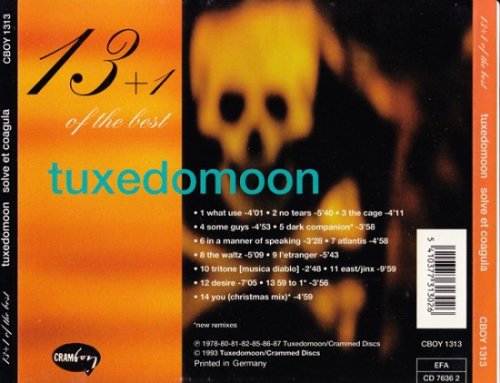
Tracklist:
1. What Use 4:01
2. No Tears 5:40
3. The Cage 4:11
4. Some Guys 4:53
5. Dark Companion 3:58
6. In a Manner of Speaking 3:28
7. Atlantis 4:58
8. The Waltz 5:09
9. L'étranger 5:43
10. Tritone (Musica Diabolo) 2:48
11. East / Jinx 9:59
12. Desire 7:05
13. 59 to 1 3:56
14. You (Christmas Mix) 4:59
Tuxedomoon is an avant-garde, electronic-oriented collective whose music ranges from new wave pop to jazz fusion to more experimental synthesizer soundscapes (usually including saxophone and violin), which were frequently married in concert to performance-art shows. Tuxedomoon was formed in San Francisco in 1977 by two electronic music students at San Francisco City College, Blaine L. Reininger (keyboards, violin) and Steven Brown (keyboards, other instruments). Brown's local theater connections supplied equipment and occasional vocalists in Gregory Cruikshank and Victoria Lowe, plus more frequent contributions from singer and performance artist Winston Tong. Punk and new wave were opening up the San Francisco music scene at the time, and Tuxedomoon landed an opening slot for Devo in 1978 at around the same time they cut their first single, "Pinheads on the Move." Lowe quit the band before their first EP, No Tears, which featured off-and-on members Michael Belfer (guitar) and Paul Zahl (drums). Tong and Belfer departed temporarily, and Peter Principle (b. Peter Dachert) joined as a full-time member. Tuxedomoon signed to the Residents' Ralph Records in 1979, which eventually got them overseas exposure. Feeling that their ideas were more in tune with the European electronic music scene, the band toured Europe after 1980's Half Mute, for which Tong returned with filmmaker and visual artist Bruce Geduldig. After 1981's Desire, the band relocated in an artist's commune in Rotterdam, Netherlands. Within a year though they were forced to leave and moved to Brussels, to find first shelter in the Plan K. (a live p.a. club). Reininger began to branch out as a solo artist. Tuxedomoon was also hired to score a Maurice Bejart ballet, the results of which were released in 1982 as Divine. Reininger left for a solo career in 1983 and was replaced by Frankie Lievaart and horn player Luc Van Lieshout. In between side projects and scoring, the band sought an international deal for their forthcoming LP Holy Wars; it was eventually released in 1985 and became the band's biggest commercial success. Tong left the group for good that year, leaving Brown and Principle the only remaining San Francisco members; multi-instrumentalist Ivan Georgiev was hired to replenish the group's sound for 1986's Ship of Fools album and tour. Scoring work from past projects has been reissued in Belgium. Reininger, Brown, Principle and Lieshout still record together as Tuxedomoon, whilst Reininger, Brown, Principle and Tong have all recorded as solo artists.
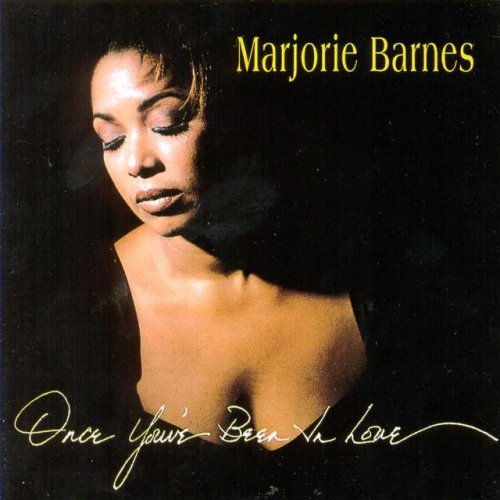
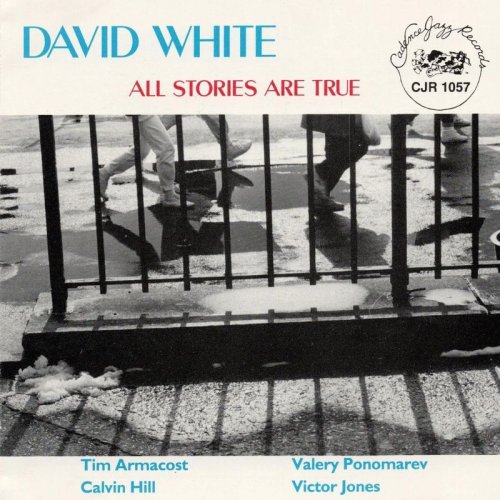

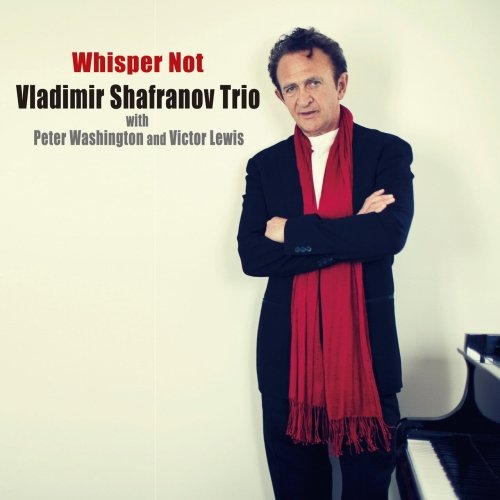
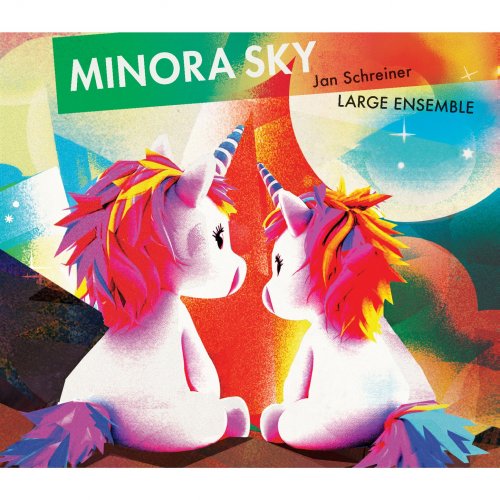
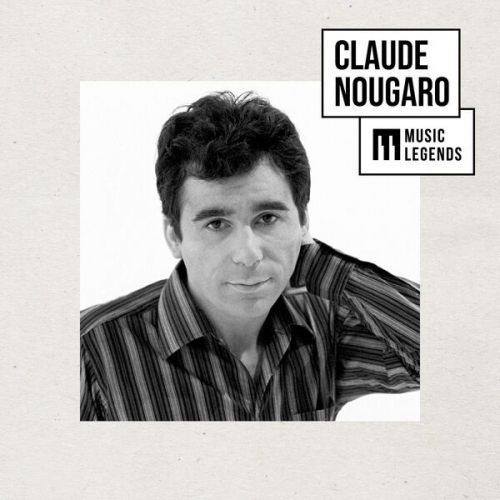

![Art Pepper - Everything Happens To Me: 1959 - Live At The Cellar (2026) [Hi-Res] Art Pepper - Everything Happens To Me: 1959 - Live At The Cellar (2026) [Hi-Res]](https://www.dibpic.com/uploads/posts/2026-02/1771405170_fcwg7jmt6mou1_600.jpg)
![Freysteinn - Thoughts (2026) [Hi-Res] Freysteinn - Thoughts (2026) [Hi-Res]](https://img.israbox.com/img/2026-02/20/v51kb7e32wkdjbts45lwsh18u.jpg)